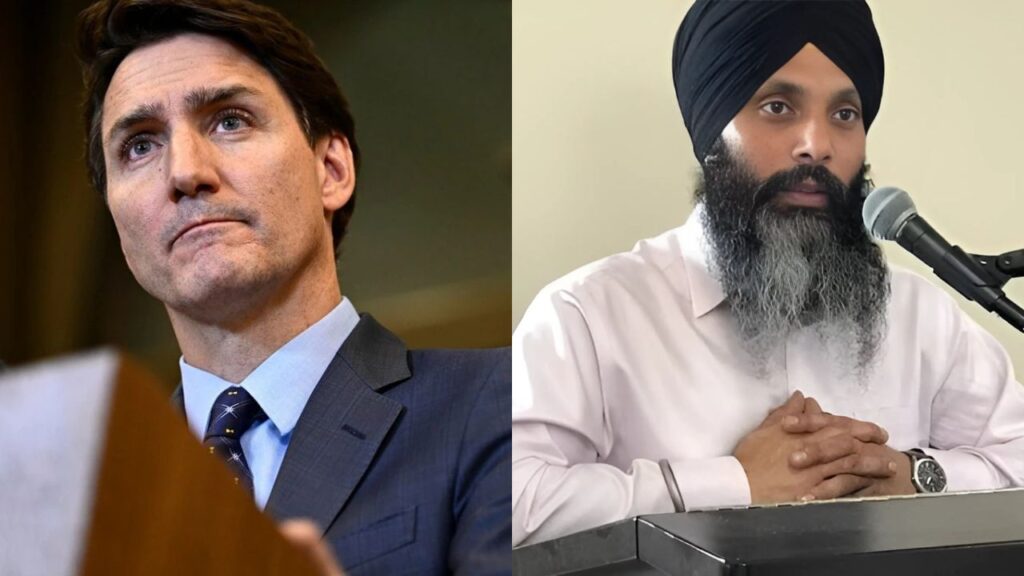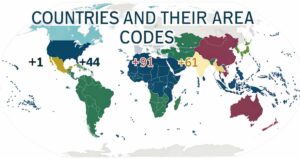Trudeau’s India Assassination Allegations: No Hard Proof in Nijjar Killing, Tensions Rise Amid Intelligence Claims
4 min read
Canadian Prime Minister Justin Trudeau has made an inflammatory claim against India in relation to the assassination of Hardeep Singh Nijjar where he claimed to be a ‘Sikh separatist leader’. Trudeau, however, has now stated that his administration does have strong substantiation but rather formed their charges on ‘intelligence’ which led to a major diplomatic dispute between the two countries.
The Background: Who was Hardeep Singh Nijjar?
Hardeep Singh Nijjar was regarded as a suitable candidate for a head of state within the Khalistan movement which calls for the creation of an independent Sikh state. Assessed as a terrorist by India, Nijjar was involved in masterminding activities regarding the Khalistan referendum in Canada, a futile plebiscite seeking the establishment of the Sikh state. He was murdered in June 2023 outside a Sikh temple in the Canadian city of Surrey. His demise sparked demonstrations within the Sikh diaspora in Canada, which had a modicum of support for the Khalistan activists.
India had waited for quite some time for Nijjar’s extradition for some terrorist activities, but Canada decided not to do so due to absence of some strong evidence against him.
Trudeau’s accusation: Intelligence, not proof.
In September 2023, Trudeau made a shocking revelation in the Canadian Parliament where he said that Indian government agents were responsible for the murder of Nijjar.This was a never-before-heard allegation against the Indian Prime Minister. It also resulted in an abrupt diplomatic crisis. India refused the allegations asserting that they are ‘misplaced’ and “political in nature.”
Trudeau’s words were, for all intents and purposes, regarding something that he learnt over that summer, intelligence that had to do with Indian diplomats’ communications in Canada. It has been reported that some of this material may have served a purpose along with the allies of the Five Eyes alliance, that is, the U.S., the U.K., Australia, New Zealand and Canada.
But, in a recent news conference, Trudeau seems to be consistent about the position that there is no ‘hard proof’ that links the Indian government to the assassination. Rather, all the reports provided ‘credible reasons’ to speculate about India’s involvement in the act of assassination. This statement in particular raised eyebrows, both within Canada and elsewhere, as to the weight of the claims and whether it required such dramatic and public condemnation.
India’s Response: Denial and Diplomacy at the very best
Prime Minister Trudeau’s accusations were met with swift and fierce denial from Indian officials. The Government of India contended that it had nothing to do with Nijjar’s death. Song ‘The accusations are entirely false and unwarranted and are politicized in nature’ he began and further elucidated that Canada has had an undisputed reputation throughout history and has been aiding people that violate anti-Indian offense provisions.Canada in the same vein also expelled a senior diplomat as an act of retaliation against Indian decision to expel certain Canadian diplomat.
Bilateral tensions persisted when India suspended visa services to Canadian citizens and accompanied this by warning its citizens traveling to Canada to be careful since there are some regions in Canada with high anti Indian sentiments.
International Reactions
Most of Canada’s important allies were quick in responding to the news with some restrain. The US and the UK expressed worry over the allegations but did not proceed to endorse the claims by Trudeau without supporting evidence. Both the countries reiterated the need for an independent inquiry and called upon India to assist in the investigations by Canadian authorities.
The Political Context: Why Did Trudeau Go Public?
Several analysts have raised concerns over Trudeau going public with allegations without even offering tangible evidence. Some analysts however have pointed out that there may be internal politics at work regarding the actions from Trudeau. His Liberal party’s support has been in decline, thus it may largely depend on its base within the Sikh community, prominent in several key constituencies in Canada. In addition, the government of Trudeau has drawn flak regarding its response in relation to foreign interference in particular and China and Russia in particular and this new move may be looked at as an attempt to flex diplomacy on the global scale.
Conclusion: Diplomatic Crisis without clear Evidence
The intelligence that Trudeau has been quoting may have planted seeds of crisis between India and Canada relations but the weaker nations have maps of the world like the leader or states who can take them as targets of suspension. The balance of relations is ideally maintained. Both nations have been taking measures of reprisal against each other but since there is no evidence of clear direction the future looks hazy.
For Trudeau the situation is critical. In the absence of offerings backed by proof, both his and Canada’s standing on the international stage may go to waste. On the other hand, in India, the charges have attracted fresh interest to its nagging issue of Canada’s allowing too much space for Sikh separatist actions adding yet another complexity to already strained pegging up for the two nations.







